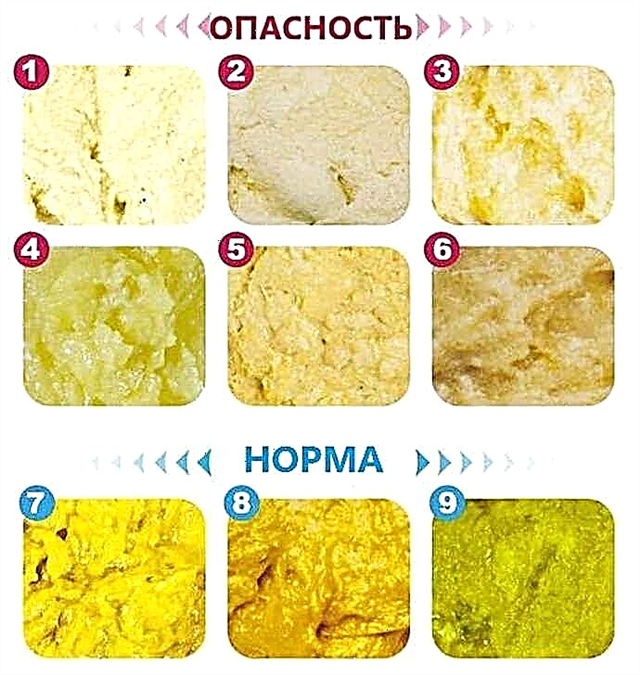
Infection with worms is a common problem in childhood, and for the timely treatment of a child who has parasites, it is important to undergo regular examination. The most accurate method for detecting helminthic invasion in children is called a blood test for worms. Its indicators help to confirm the presence of helminths in the child's body, to find out their type and activity.

When to donate blood
Doctors advise taking tests for worms regularly, even if the child does not have any signs of infection with worms. However, most often, babies with suspected helminthiasis are sent for a blood test, which helps to identify helminthic invasion, when the child has:
- Decreases body weight.
- Paleness, weakness and rapid onset of fatigue appear.
- Itching occurs in the anus.
- The work of the digestive tract is disrupted (the child complains of abdominal pain and nausea).
- Headaches and dizziness occur periodically.
- There is a cough without symptoms of a viral infection.
- The body is covered with a rash.
Watch the video of Dr. Komarovsky's program, which deals with the topic of worms in children:
What other tests for worms are taken apart from a blood test
A child with suspected helminthiasis will be sent not only for a blood test, but also for such common examinations as:
- Stool analysis, helping to identify the eggs of worms in the stool of the child. As a rule, such an analysis should be taken several times, since a single examination may not detect parasites (usually 3 tests with a pause of several days are recommended).
- Scraping from the perianal areausing a cotton swab or duct tape. Such an examination helps to detect the eggs of some helminths.
- General blood analysis. It will show leukocytosis, a decreased hemoglobin level, an increased number of eosinophils, and other changes in the blood that are characteristic of helminthiasis.

How is a blood test for helminths done?
Such an examination is also called an enzyme-linked immunosorbent assay, which detects antibodies to various types of worms. For it, the child's venous blood is used, taken from the baby on an empty stomach. Before taking blood, do not eat or drink any beverages other than still water. On the eve of the examination, you should not eat spicy and fatty foods.
The taken blood sample is examined and the result is obtained after 2-5 days. If its decryption indicates the absence of parasites in the child's body, this confirms that the child is healthy and no worms were found in his body. PIf helminthiasis is detected in a blood test, you should go with the child to the pediatrician for prescribing drugs that will help get rid of a specific type of worms.
Note that the accuracy of the blood test for worms is estimated at 95%. If the parents doubt the correctness of the examination, the procedure can be repeated two weeks later in the same laboratory. By comparing the indicators of the two tests, the doctor will be able to make a final diagnosis and, on its basis, prescribe an anthelmintic drug (if worms are found).




